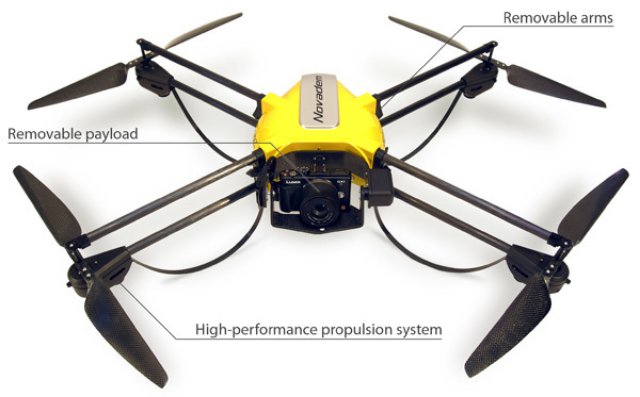France’s Burgundy will soon begin scanning their crops for disease through the use of drones provided by aircraft giant Airbus through manufacturer Novadem. The bird’s-eye view monitoring system is named DAMAV and is planned to last 36 months.
“These ambitious programs have a common aim: to ensure the sustainability of the Bourgogne wine region by continuing to reduce treatments applied to the plant,” a press release by the region’s governing association said.
Images taken by the drones will be interpreted with high-tech analysis systems which will reveal the health or lack thereof in vines. The drones are essentially aerial vine doctors.
“These analysis systems cover a wide variety of parameters, including plant vigor, water reserves, soil composition, and especially vine diseases,” the release said.
DAMAV started in 2013 in trial form when the drones were used to track outbreaks of Flavescence Dorée.
“The initial results have been promising, the quality of the images enabling accurate identification of suspect zones,” the release read.
Engineers are still fine-tuning the drone’s ability to capture images with the same resolution at which a human would see with the naked eye.
As the technology of drones continues to improve and vineyard analysis becomes easier, winemakers will be able to devote their time to other parts of the winemaking process.
“Ultimately, exhaustive surveillance of the wine region could be done by air, which would enable growers to concentrate solely on suspect areas, resulting in substantial time saving,” the region’s release said.
As futuristic as the program might seem, drones provide a level of monitoring which will be as sensitive and perceptive as the human touch.
“It’s not science fiction: tomorrow, these will be helping winegrowers,” the release said.
The DAMAV project is part of an overall attempt to improve the health of vineyards. Another project, called IRIS+, sprays a mix of seaweed- or plant-based liquids on vines to promote to stimulate the vine’s natural defense through organic, non-chemical means.
The two projects are slated to run for three years. Each project has received approximately $2.2 million of funding.
A variety of teams and organizations are involved in the two projects, including AgroSup Dijon, Vignobles Bernard Margrez, Global Sensing Technologies and FREDON Paca.
“Traditional winegrowing and innovative projects are far from being in opposition, but can coexist,” the release said.
Source: Smooth

